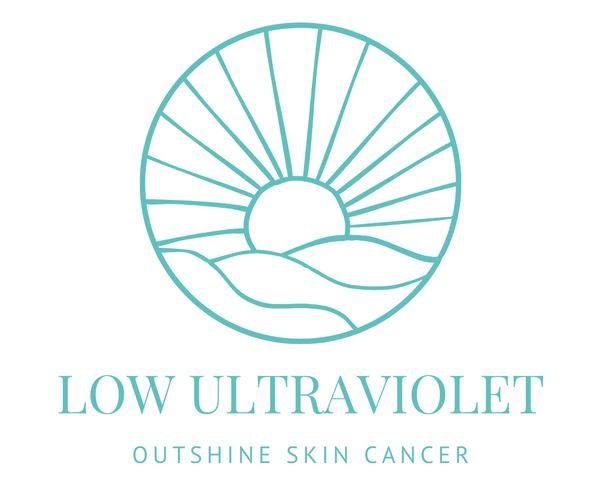Two cult-favorite sunscreen brands, Supergoop! and Vacation, recently found themselves in violation of the Federal Food, Drug, and Cosmetic Act with their mousse and "whipped" SPF products. So, why is the FDA now warning against these best-selling mousse and whipped sunscreens?

The Facts
Early this month, news broke that the U.S. Food & Drug Administration (FDA) issued warning letters to two cult-favorite sunscreen brands, Supergoop! and Vacation. The letters in question were issued on August 6th and stated that both brands violate the Federal Food, Drug, and Cosmetic Act (FDCA) with their mousse and "whipped" SPF products.
The specific products in question that the FDA deemed violated the FDCA are the Supergoop! Play SPF 50 Body Mousse, Vacation® Classic Whip Broad Spectrum SPF 30 Sunscreen Mousse, and the Vacation® Classic Whip Glow Broad Spectrum SPF 30 Shimmer Sunscreen.
The FDA took to X on August 12th to warn consumers to "beware of sunscreen products in mousse form because they might not be effective."
In a follow-up statement addressing the controversy, Supergoop! notes that, "The recent communication from the FDA regarding our PLAY SPF 50 Body Mousse is focused on product labeling and has nothing to do with its safety, effectiveness, or formula."
On top of efficacy concerns, the FDA also noted that the Vacation® Classic Whip poses a potential threat to consumer health as it is marketed similarly to food products.
As of now, these products are still available for purchase on their respective websites.
What is the FDA's Role in Sunscreen Regulation?
The Federal Food, Drug, and Cosmetic Act (FDCA), first signed into law in 1938, gives the FDA the authority to regulate the production, marketing, and distribution of food, drugs, medical devices, and cosmetics. The purpose of the FDCA is to safeguard the public from contaminated or falsely labeled products sold in the United States.
Sunscreen is heavily regulated by the FDA as an over-the-counter (OTC) drug under the FDCA. As the governing body, the FDA can decide how these products can be marketed, including the form of the product. Under current regulations, only oils, lotions, creams, gels, butters, pastes, ointments, and sticks are Generally Recognized as Safe and Effective (GRASE) forms of sunscreen.
Mousee, whipped, and foam sunscreens are not included, which is where Supergoop! and Vacation face issues. While these formats may enhance the user experience, the FDA argues they may not apply evenly or effectively protect the skin, especially if the product's structure breaks down or is misused.
Why Now?
If you're wondering, "Why now?" you're not alone. These innovative sunscreen formats have been on the market for years, gaining loyal followings and positive reviews. Their popularity has only grown thanks to their lightweight textures and easy application, especially for kids.
This abrupt regulatory action raises eyebrows:
- Were these formats previously overlooked?
- Why were they allowed to hit the market in the first place?
- And more critically, why is the FDA focusing on this now, when the U.S. still hasn't approved many newer UV filters that are already standard in European and Asian sunscreens?
According to an article published by Allure in mid-August, the "sudden focus on foam sunscreens may have something to do with how a recent U.S. House Committee on Energy and Commerce hearing highlighted the FDA’s struggle to keep pace with the regulation of over-the-counter drugs due to staffing cuts and resource limitations."
It’s worth noting that no recall has been issued, and both Supergoop! and Vacation stand by the quality and effectiveness of their products. Consumers are left to weigh the potential regulatory gray area against their personal preferences and skincare routines.
Not Supergoop!’s First Controversy
This isn’t the first time Supergoop! has faced controversy. A class action complaint was filed against the brand in 2023 over allegedly misleading SPF claims on some of its products. Learn more about the Supergoop! class action complaint.

